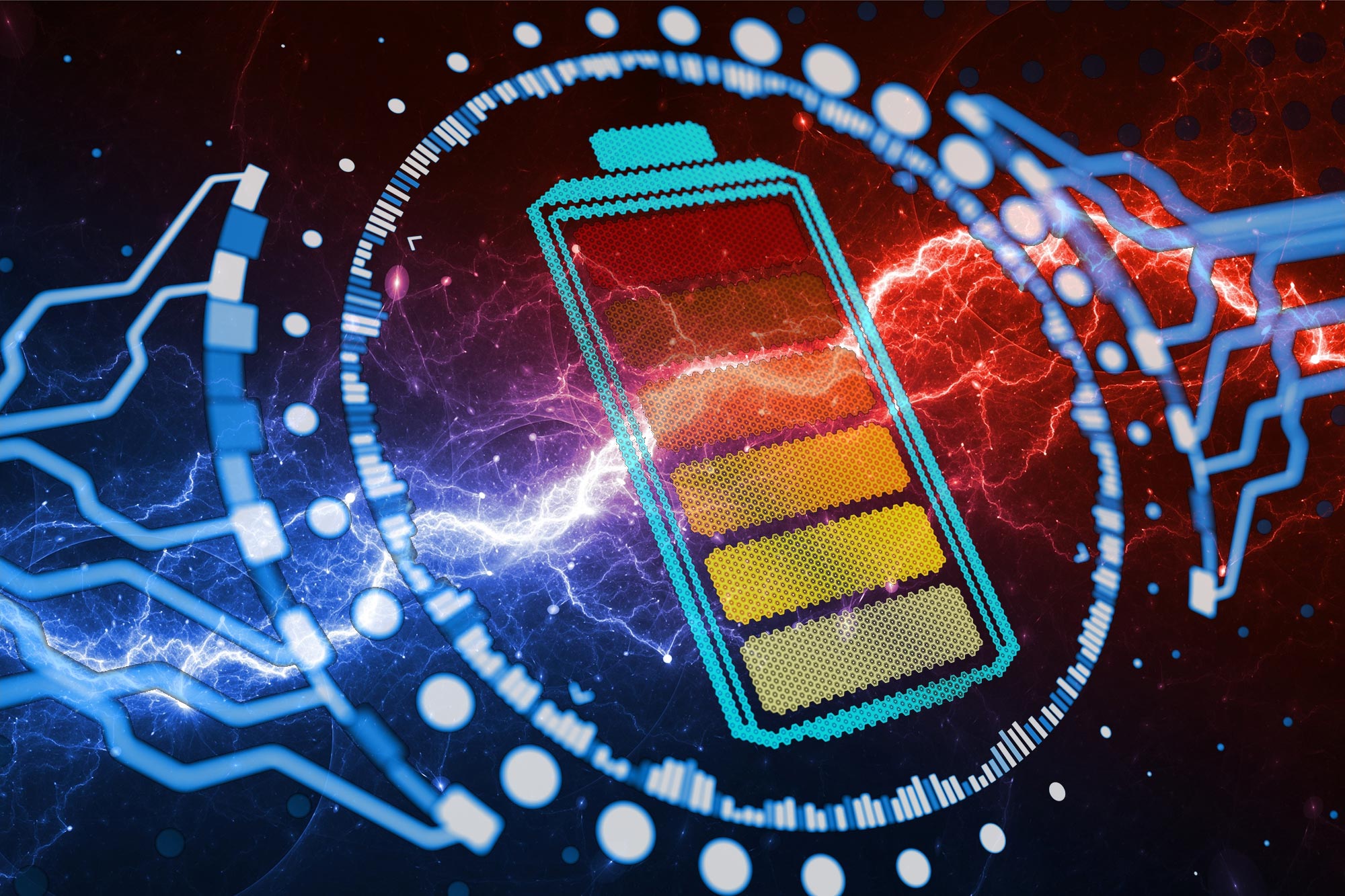Introduction to the Hybrid Betavoltaic Cell
Scientists at DGIST have made a significant breakthrough by developing the world’s first hybrid betavoltaic cell. This innovative power source can provide energy for decades without needing a recharge. The team achieved this by integrating a radioactive isotope, specifically carbon-14, with perovskite materials.

This next-generation betavoltaic cell promises to revolutionize the way we think about energy sources. By harnessing the unique properties of carbon-14, these cells can produce a steady flow of power for extended periods. This could lead to applications in various fields, including medical devices, space exploration, and remote sensors.
Future Implications
The implications of this technology are vast. As we transition to more sustainable energy solutions, the hybrid betavoltaic cell stands out as a viable option. Its longevity and efficiency may help reduce our reliance on traditional power sources, paving the way for a greener future.